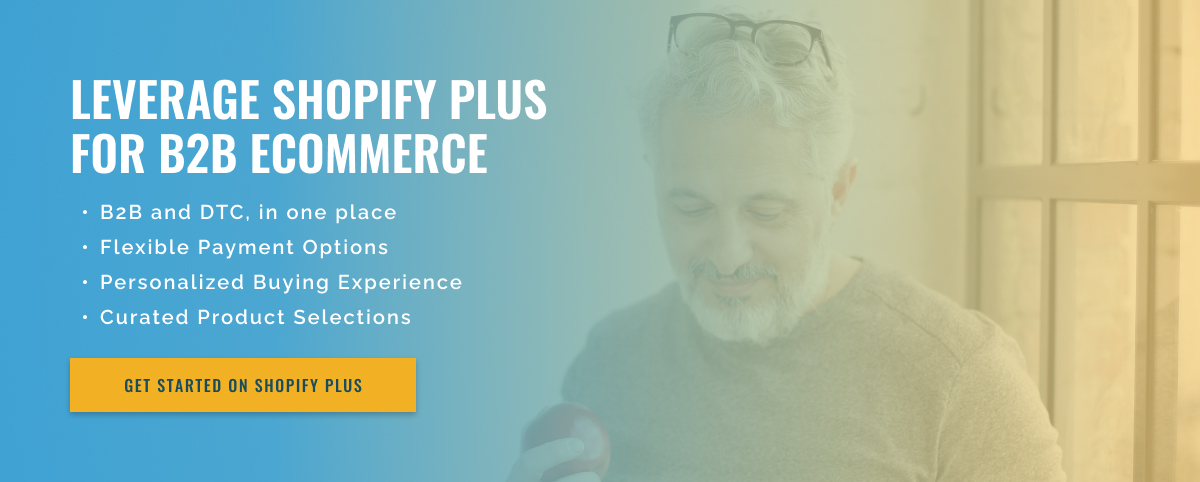3 minute read
Creating Tailored Prices: Shopify API for B2B Clients
Shopify is a popular eCommerce platform used by both small and large businesses. It offers a wide range of features and tools to help businesses sell their products online, including a powerful API that allows developers to create custom solutions for their customers.
One of the most important features that businesses look for when using Shopify is the ability to create custom pricing models, especially for B2B customers. In this article, we explore how developers can use Shopify’s API to create custom pricing models for their B2B customers.
First and foremost, it’s important to understand the concept of B2B, or business-to-business, transactions. Unlike B2C (business-to-consumer) transactions, B2B transactions involve the sale of products or services from one business to another. This means that the pricing strategies and models used are different from those used in B2C transactions.
One of the most commonly used pricing models in B2B transactions is the volume-based pricing model. This model offers discounts to customers who buy products or services in bulk. However, manually managing and tracking discounts can be a challenge for businesses. This is where the Shopify API comes into play.
The Shopify API allows developers to create custom pricing solutions tailored to the specific needs of their B2B customers. For example, developers can use the API to set up automatic discounts for customers who purchase products in bulk or on a recurring basis. This not only saves time, but also ensures that customers receive accurate discounts without manual intervention.
Another important pricing model for B2B transactions is the tiered pricing model. This model offers different price tiers based on the volume or value of products purchased by the customer. Using the Shopify API, developers can create custom solutions that allow B2B customers to access the appropriate price tiers based on their specific purchase history.
In addition to volume and tiered pricing models, the Shopify API also allows developers to create custom pricing based on customer groups. This means that B2B customers can be grouped based on factors such as location, industry, or size, and offered prices tailored to their specific group.
Moreover, the Shopify API also allows businesses to set up contract pricing for their B2B customers. This means that customers can be offered fixed or negotiated prices for a set period of time. This is especially useful for businesses that have long-term partnerships with their customers.
Overall, the Shopify API gives developers the flexibility and tools to create custom pricing models for their B2B customers.

